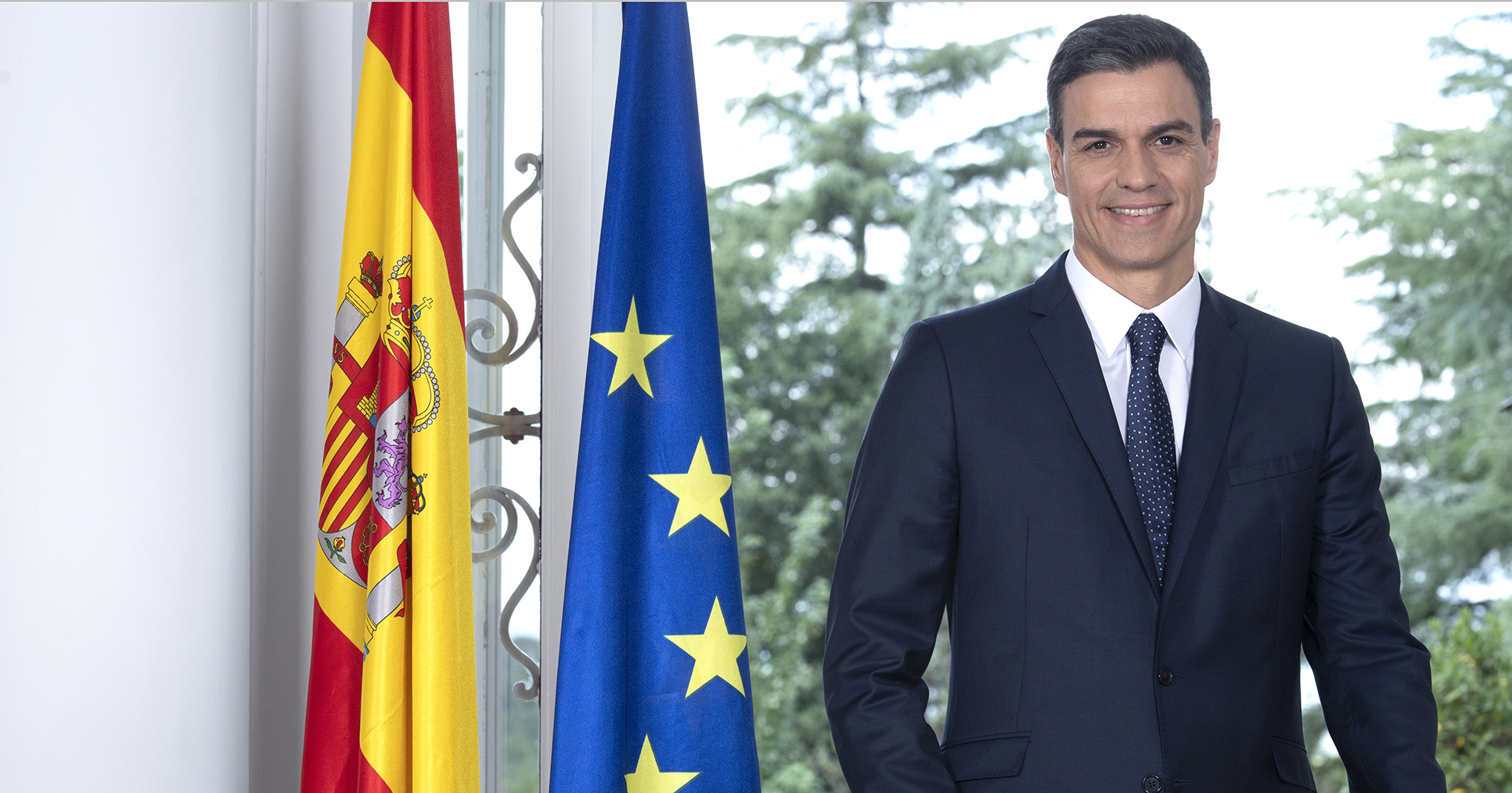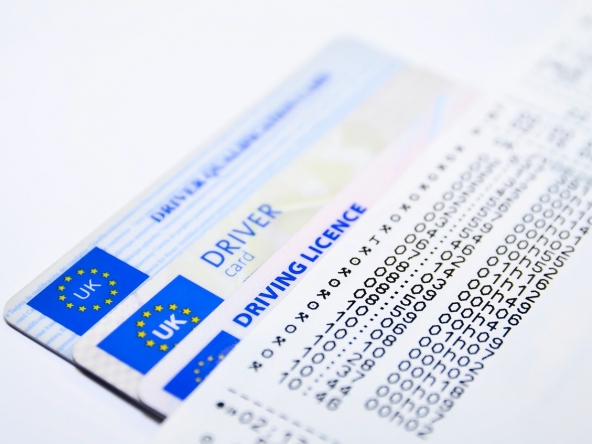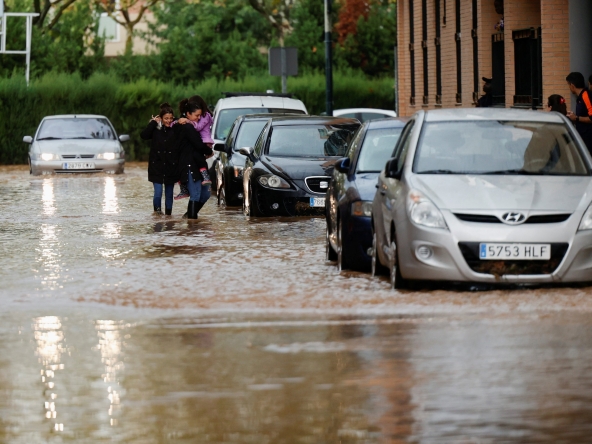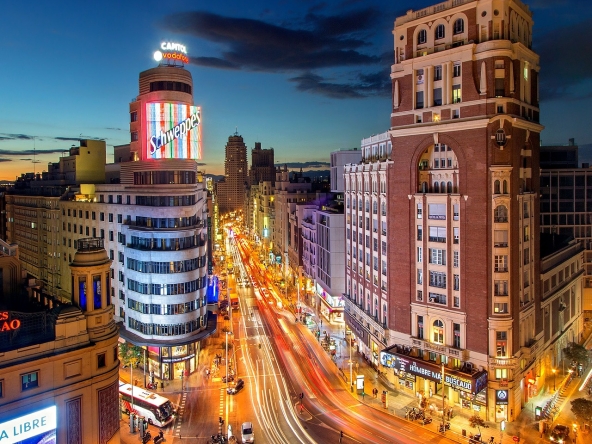The Spanish prime minister tells POLITICO that Europe has only grown stronger as a result of Russia's invasion of Ukraine.
Pedro Sánchez, the prime minister of Spain, claims that Russia is at war only with the entire EU as well as with Ukraine and that it is losing.
Vladimir Putin is "using energy as a war tool" because he feels threatened by the ideals of the EU, according to Sánchez, who was speaking to POLITICO in New York, where even more than 150 leaders of state and government are assembled for the United Nations General Assembly.
Sánchez, who was in New York, where even more than 150 heads of state and government are gathered for the United Nations General Assembly, claimed that Vladimir Putin is "using energy as a war instrument" because he feels threatened by the principles of the EU.
Not long ago, it seemed unthinkable. In light of the pandemic paradigm, the prime minister proposed centralising gas purchases, similar to how vaccine purchases were handled.
As winter draws closer, the cost-prohibitive promises of Europe's political leaders to transition to green energy are severely tested by the requirement of keeping the lights and heat on. On the eve of the General Assembly, Sánchez begged his fellow presidents, "Don't exploit this energy crisis to obstruct moving forward on the climate challenge."
President of the European Investment Bank Werner Hoyer told POLITICO in a separate interview that European political leaders are in an "extremely, very, very terrible situation." Hoyer emphasised that despite the difficult expectations put forward by domestic citizens, authorities cannot afford to reduce investment in green energy in the midst of a catastrophe.
Our standard of living will drop. Hoyer cautioned that a politician would have a hard time accepting and explaining it to their constituents.
The far-right Vox party in Spain is one of the populist risks that Sánchez, a social democrat, said he is aware of as rising inflation and a cost-of-living issue produce simmering resentment in countries throughout the EU.
He called the tough parties in the EU, such as the Sweden Democrats as well as the Brothers of Italy, to reevaluate their coalitions with such groups, given their potential to amass heights of power never previously seen in the continent. What do people expect from the far-right? Sánchez stated that this is the question his opponents must answer.
Priorities of the UNGA
Following the invasion of Ukraine by Russia, which put the U.N. Charter and fundamental principles of international law in jeopardy, the Spanish prime minister reiterated calls for U.N. reform. According to him, "the situation brought on by Russia in Ukraine is significant proof that we require strong reform of the U.N. system."
The U.N. summit on food security, which will be held in New York, is also heavily influenced by Sánchez. In order to minimise duplication of effort, he has said that he will remind the gathering's leaders that "we have to respond multilaterally to the terrible food issue."
At the absolute least, according to Sánchez, this means supporting the efforts of U.N. Secretary-General António Guterres to mediate grain export deals between Turkey, Russia, and Ukraine.
The EU is anticipated to announce plans to contribute €600 million in the battle against the food crisis. Sánchez stated that national governments must be prepared to offer additional funds, especially by making changes to their domestic food systems.
Hot-button issues
Additionally, Sánchez shared his thoughts on the contentious issue of Catalan independence.
After witnessing examples of leaders of the Catalan independence movement boasting to New York audiences this week about their suspicion of his government, Sánchez urged Catalans to "be patient" about the negotiations between Barcelona and Madrid.
It will "take more than a year or two," Sánchez added, to "find alternatives, other strategies to solve this predicament." This was done in response to succession requests from pro-independence Catalans at a time when the public is bitterly split on the subject.
Pere Aragonès, the president of Catalonia and an advocate for independence, said in a subsequent interview with POLITICO on the sidelines of the UNGA: "The debates will take time. We understand that it will take more than two or three months to find a solution to the issue.





